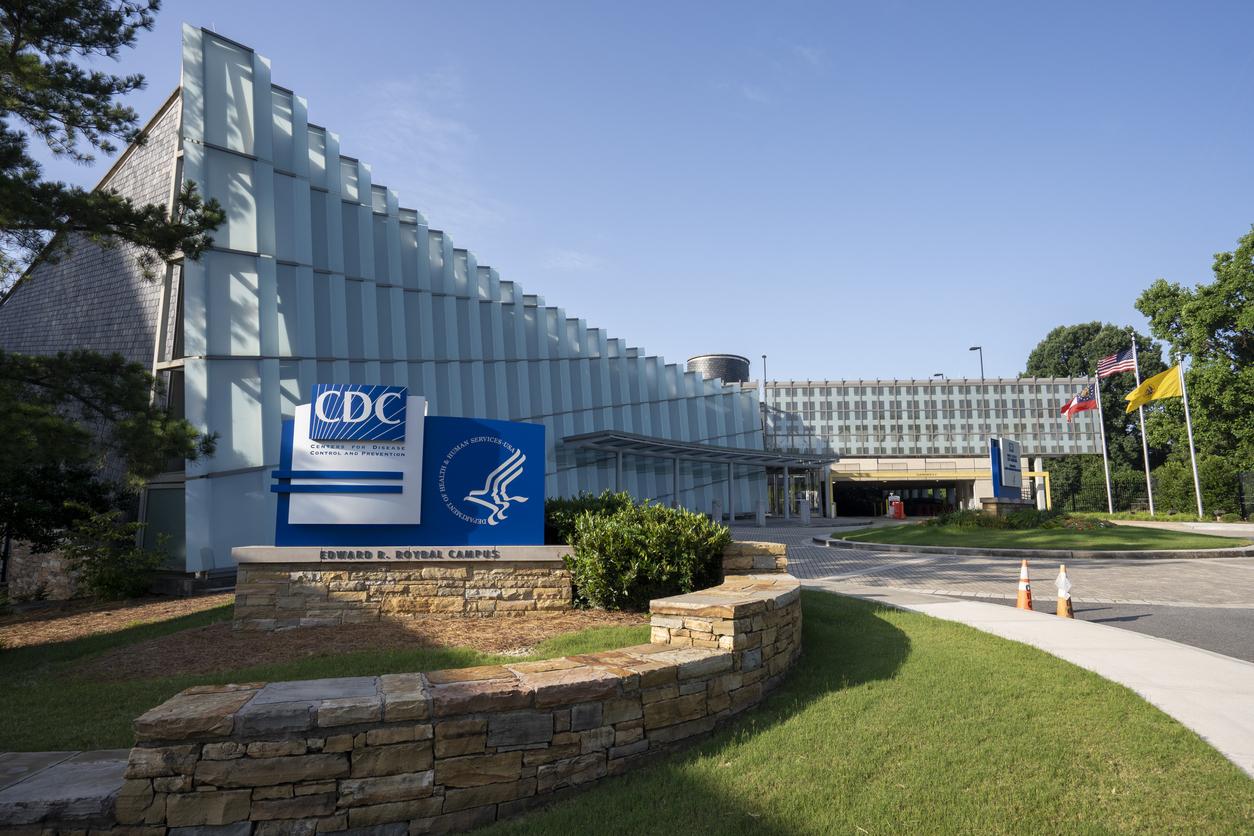A Center for Disease Control and Prevention (CDC) scientist who leads the team that tracks respiratory virus hospitalizations abruptly resigned yesterday, based on concerns that the data won’t be used objectively or with scientific rigor following recent changes to the CDC’s vaccine advisory group.
Fiona Havers, MD, who led the RESP-NET Hospitalization Surveillance Team, is the latest in a series of top CDC scientists to exit the agency. She laid out her reasons for leaving the CDC in an email to CDC colleagues first reported by Reuters.
Havers played a key role in briefing ACIP
The resignation comes a week before the newly appointed CDC Advisory Committee on Immunization Practices (ACIP) meets for the first time. The group includes vaccine skeptics and others who don’t have extensive expertise in vaccines, and Havers typically briefs ACIP—as recently as its April meeting—on the latest respiratory virus hospitalization surveillance data. Several vaccine discussions and votes are on the agenda, but it’s not clear if the group will be reversing any of its recent recommendations.
Health and Human Services (HHS) secretary Robert F. Kennedy, Jr. last month revised CDC vaccine recommendations to remove advice that children, those not at high risk, and pregnant receive the vaccine. Instead, he sent a long rationale to Congress that contained several errors and misrepresentations, according to KFF Health News. Following the HHS announcement, Lakshmi Panagiotakopoulos, MD, a CDC medical officer who co-led the CDC COVID-19 vaccine work group resigned saying the current situation made it longer possible to protect some of the most vulnerable members of the population.
Following Havers’ resignation, and HHS spokesperson told Reuters that the agency is committed to “gold standard science” and that it will base vaccine policy on objective data, transparent analysis, and evidence.
Former ACIP members say changes critically weaken US vaccine programs
In a related development, the 17 ACIP members abruptly swept aside by Kennedy last week yesterday spoke out as a group in a Viewpoint in the Journal of the American Medical Association (JAMA).
The group said ACIP has traditionally been populated by scientists that have a deep understanding of immunization issues and have ensured that the CDC’s policies are grounded in the strongest science. They pushed back on Kennedy’s claims that health providers and the public doesn’t trust the CDC’s vaccine recommendations, citing 18 years’ worth of findings from the National Immunization Survey, which show that 99 of every 100 children in the United States have received at least some of the CDC-recommended vaccines by age 2.
“This does not suggest the population is so distrustful that it warrants dismantling the process by which vaccines have been recommended,” they wrote.
The abrupt ACIP switch-out and reductions in CDC staff dedicated to immunizations has “critically weakened” the US vaccine program.
The group added Kennedy’s recent changes to COVID vaccine policy reflect a troubling disregard of the scientific integrity that has typically guided US vaccine policy.




















